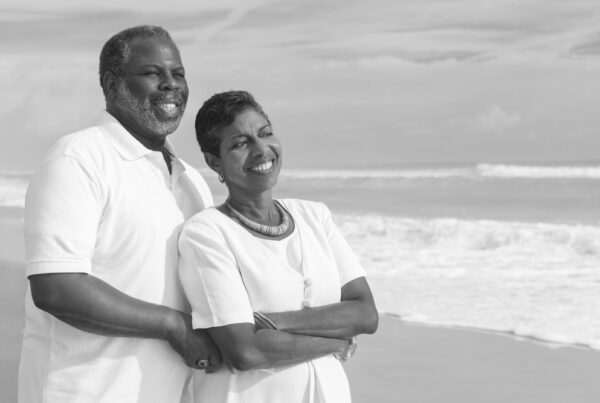
Having a Will is especially important if you have children, aged parents or other dependants. A Will is simply a legal document in which you declare who gets what from your properties upon your demise. It generally ensures that your wishes are carried out.
Unfortunately, a large percentage of Nigerian adults do not have a Will or think it’s important to have one. As a matter of fact, a Will is an important instrument that prevents unnecessary distress for your loved ones, at what is an already difficult time. In writing one, you have to give some serious thought to the way you want to divide your property and belongings among your beneficiaries. More importantly is the need to use the services of a qualified attorney for legal guidance and to avoid unnecessary pitfalls.
Here are some 10 interesting facts about Wills we believe every Nigerian adult should know about:
- A Will has to be in writing or typed, not oral. You must be 18 years old and above to write one. It must be signed by yourself (Testator) in the presence of at least 2 witnesses. As a testator, you must be of sound mind and your will has to be voluntarily and freely made without influence or pressure from anyone. You need to also have at least 2 witnesses sign your Will in your presence.

- Under the Nigerian law, any beneficiary you may have in mind or your spouse must not be a witness to your Will. If that person does, the gift given to them becomes void. Irrespective of this, the Will remains valid, just that the beneficiary who also witnessed the Will does not have any claim to whatever property or assets that may have been kept aside for him/her.
- A Will needs to have at least 2 executors. An executor is someone you name in your will who has the responsibility of distributing your property to beneficiaries as stated in your Will. Furthermore, an executor is legally responsible for sorting out your finances; paying of taxes and debts if any. An executor can be trusted friends, relatives or alternatively, a firm with legal and financial expertise.
- If you pass on without a Will, also known as ‘dying intestate’, your estate is subject to rules of distribution; these rules of distribution are applicable depending on the type of marriage contracted, whether it was Customary Law or Statutory Law. If customary law, your estate will be distributed according to your native law and custom or Islamic law if Muslim. On the other hand, statutory law allows your estate to be distributed according to the provisions of any local enactment relating to administration of estate, and where none exist, the common law intestacy rules will apply.

If the customary law is upheld, it may favour sons or deceased siblings, over a spouse or other female children. Statutory law if upheld will see assets shared in a one-third and two-third proportion between the surviving spouse and children respectively.
So if you don’t want the property you have worked tirelessly for to fall into undeserving hands, you know what to do; write a Will!
- If you have underage children and know somebody (guardian) who can take up the role of adequately caring for and raising them should you no longer be around, you can appoint them in your Will. A named guardian steps into your parenting shoes by helping you raise your children and/or manage finances of the child’s estate.

When making this choice, you can opt for someone who your child(ren) already have a strong bond with as well as someone whose lifestyle beliefs align with yours.
- Mistakes you make when writing your Will can make it invalid. Typical and common errors include but are not limited to not having your signature appended on the Will, a Will without witnesses and their signatures etc. In some cases, errors on a Will may incur legal expenses.
- Do you know you can dis-inherit someone from your Will? Yes you can. If you specifically don’t want someone to get proceeds from you property and assets feel free to put it in writing. Nelson Mandela’s Will covered his children, grand children and staff but his ex-wife Winnie was exempted from the will for reasons best known to him.

- Marriage cancels out any previous Will, so also a divorce can change the terms of a Will. In order to avoid problems in the future, if/when you get married, you need to change any existing Will you have to reflect the new marriage. This enables you to protect the interest of your children (if any). In the same way, if divorced, you may want to change your Will, especially because you don’t want your ex in charge of your finances and assets.
- In Nigeria, Will writing is now accessible from anywhere you are located as the process can now be started online, see one here. It usually doesn’t cost a lot to create one and subsequent updates can be made as circumstances and situations change.
- Ensure to be specific and identify who gets what from your property. Be as detailed as possible, listing the share, percentages or proportions of property and assets each listed beneficiary is entitled to. For example if you own a block of four flats in Ikeja, Lagos, instead of saying ‘I leave this building to my children; it would be clearer if you state that Ade gets the 2 flats at the top of the building while Olu gets the remaining 2 flats on the ground floor.
Ensure your loved ones and properties are well protected; you don’t have to wait till you make a fortune. If you delay with a Will, it will end up being a more difficult time for your loved ones and we bet you don’t want that!





